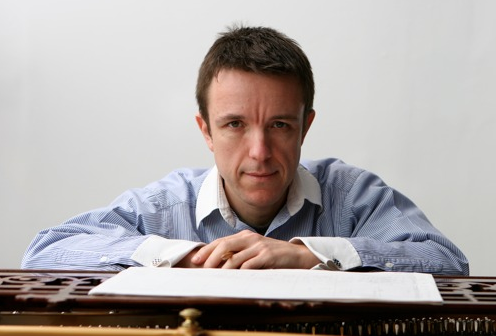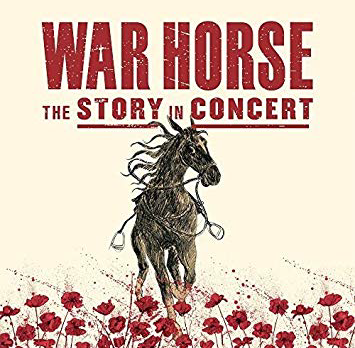Sunday November 25 saw the story of Joey – one of WW1’s most famous horses – told in a powerful and moving musical concert at Leeds Town Hall.
Author Michael Morpurgo re-imagined his 1982 book about a Devon Horse that goes off to war, alongside actor Juliet Stevenson, the Orchestra of Opera North and St Peters Singers, with a musical score by acclaimed composer Adrian Sutton.
Sutton, who wrote the original score for the 2007 production at the National Theatre explained: “If you enjoyed the play, you’ll love hearing this story retold in another form. While you won’t see any horse puppets or actors, you’ll experience a unique live telling of the story, clothed in music, with some gorgeous and vivid illustrations.”
Only performed for the second time outside the capital, the Leeds audience enjoyed a very special concert – in a location that itself has many connections with The Great War. At the outbreak of hostilities in 1914, the Town Hall served as a recruiting office – and it is from here that The Leeds Pals started their campaign.

Sutton, who has a very real bond with the story said: “It seemed a logical progression to develop the story into another form on the concert platform.”
Both Morpurgo and Stevenson provided narration throughout the concert – and accompanied by the orchestra and choir, together with soloist Ben Murray, they succeeded in adding a new and valuable dimension to a story that has been captivating in print, on stage and at the cinema for over 35 years.
In a typically understated way, Morpurgo deflected any praise from his own achievements. He told Yorkshire Voice: “I would never have written War Horse had I not met three old men in my village who had been to that war. Listening to them in my local pub, was my biggest source of research – and insight into what went on in France and Belgium.”
After the performance, Michael Morpurgo returned to the stage to talk to the audience, when he spoke about his own connections to Leeds, having spent a number of years living in the city, whilst his father worked at the University of Leeds.
With the centenary of the end of WW1 having just been commemorated, there could not have been a more fitting time to experience this production.
